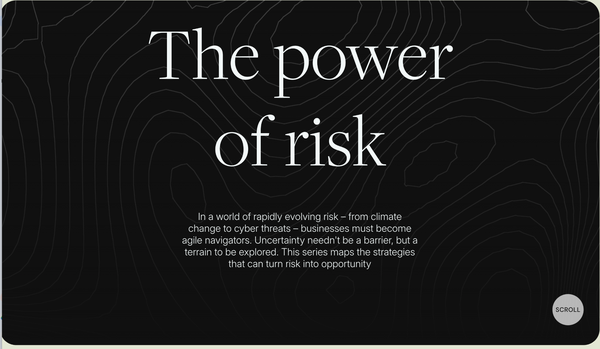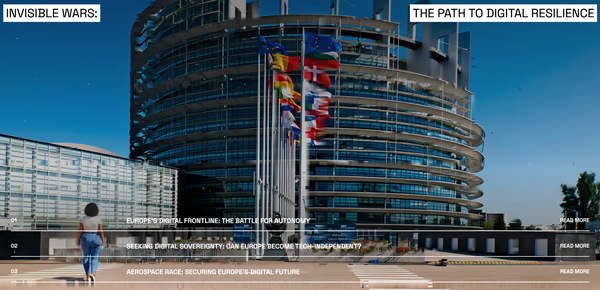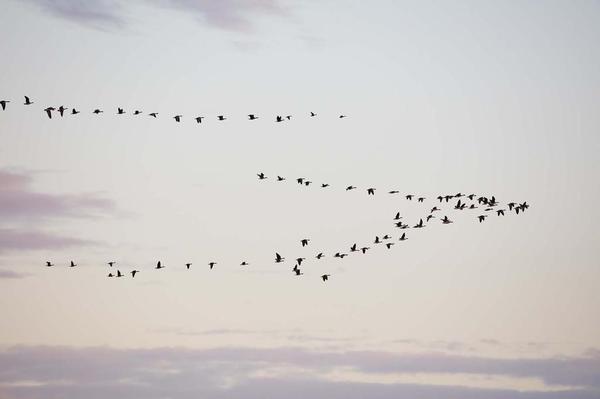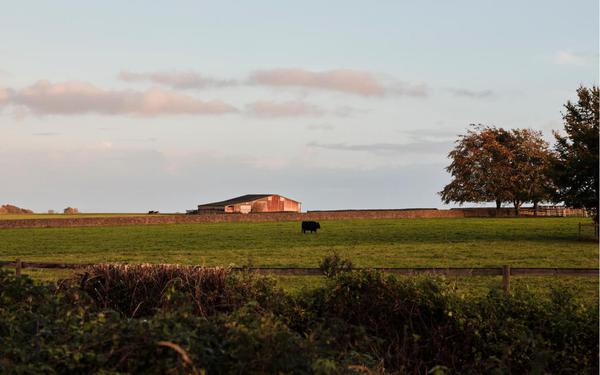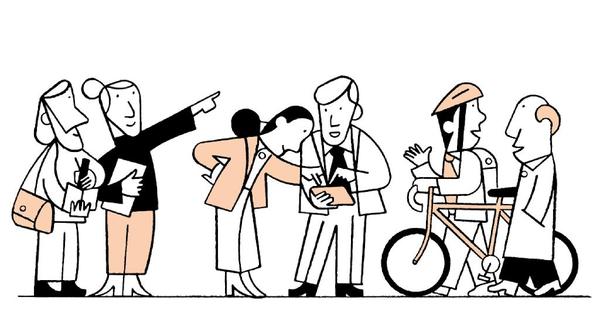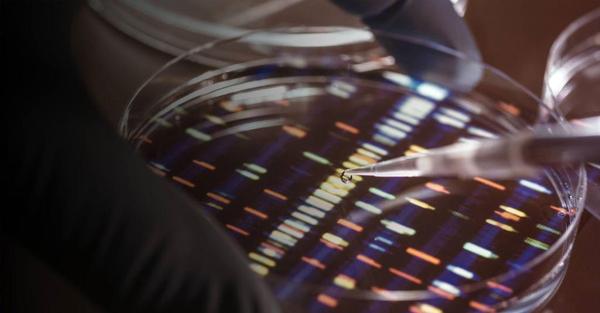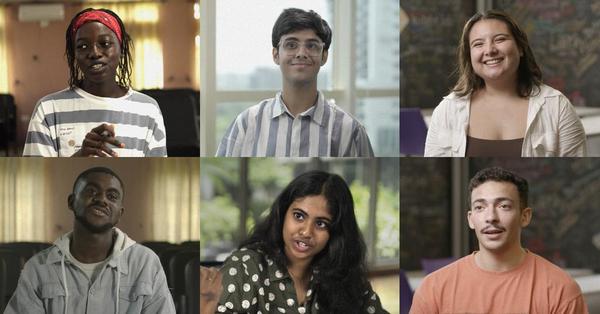Financial Times
•
4th August 2025
The FT Reader
[Exec Producer - data insights dashboard] The FT Reader is the first interactive platform built from the FT Global Reader Survey — based on nearly 12,000 responses across every region and format.
The brief: to create a data-driven digital dashboard, using the survey results, that would pique the interest of potential commercial partners…
…while also telling a compelling tale about our readers, for our readers.
Because this isn’t just data. It’s a story about trust, behaviour and the impact of FT audiences around the world.
We created an experience that is intuitive, illustrated and editorial.
Designed to be explored — not simply read.
It’s clear: our audience is influential and committed to the FT.
And, in a world in which trust in media is eroding, it’s the Financial Times’ world-class coverage that keeps our readers coming back for more.







